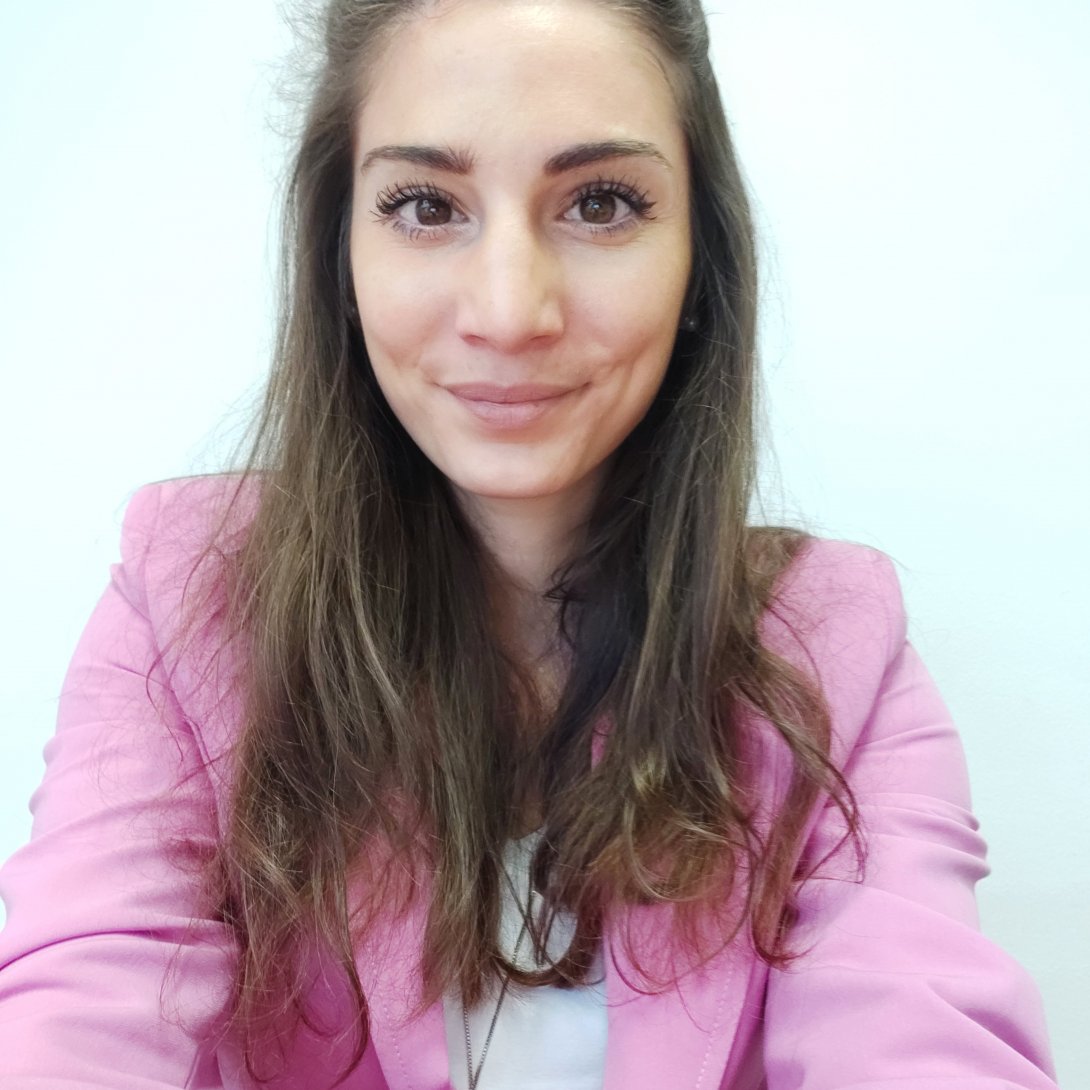
Contact:
federica.longo1@studenti.unime.it
Biography
Federica Longo obtained her Bachelor's degree in Linguistic and Cultural Mediation from the University of Padua in July 2019, with a thesis titled “Linguistic Borrowings and Calques from English into the Russian Language within the Framework of New Technologies and the World Wide Web”. In March 2022, she obtained her Master’s degree with 110 cum laude in European, American, and Postcolonial Languages and Literatures from Ca’ Foscari University of Venice, presenting the thesis “Corpus Linguistics and Linguistic Corpora: Theoretical Analysis and Practical Investigation for the Study of Contemporary Russian Language on the Internet”. During her Master’s studies, she worked as a Teaching Assistant in Slavic and Balkan Languages, as well as a Russian Language Tutor, and she received a research grant from Ca’ Foscari University of Venice. In August 2022, she was awarded the America Giovani Prize for academic merit, promoted by the Italy USA Foundation. Following her graduation, she won a position as Young Researcher and Teaching Assistant at the Center for Cognitive Science of Language at the University of Nova Gorica (Slovenia), where she worked from October 2022 to September 2023, focusing on formal linguistics, semantics, and experimental pragmatics. In late 2023, she won a PNRR (National Recovery and Resilience Plan) doctoral scholarship in Cognitive Sciences at the Department of Cognitive, Psychological, Pedagogical, and Cultural Studies (COSPECS) at the University of Messina. Her research interests, in addition to formal linguistics, include psycholinguistics, experimental pragmatics, and clinical pragmatics.
Research Topic
Linguistics, Psycholinguistics, Experimental Pragmatics, Semantics
Her project, conducted in collaboration with the National Research Council (CNR) of Messina, falls within the field of clinical pragmatics and aims to identify and study the cognitive processes underlying linguistic and communicative deficits in individuals with Autism Spectrum Disorder (ASD).
Tutor: Alessandra Falzone
Co-tutor: Valentina Cardella